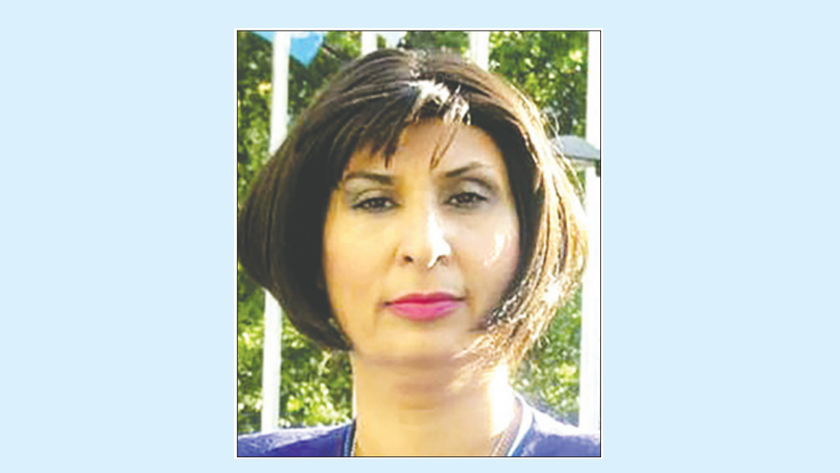In a lengthy interview published on YouTube, former Iranian Ambassador to Afghanistan Abolfazl Zahrawand claimed the Taliban had agreed to transfer the Pakistani Tehreek-e-Taliban to western Afghanistan along the border with Iran. Zahrawand also stated that there were currently several thousand Taliban schools active in Pakistan considered production centers for Takfiri and Taliban movements. He added that the Taliban were currently transferring members of these schools to Afghanistan. Since these forces were mainly Pashtuns, this movement threatened to change the demographic composition of northern Afghanistan. Zahrawand warned that after the transfer of Tehreek-e-Taliban Pakistan to northern Afghanistan, there would “be no Durand Line” adding that:” North Waziristan would reach Badakhshan and its surrounding areas.”
This was not the first time that the theory of Afghanistan becoming a “Northern Ministry” had been publicly proposed. Several prominent Afghan politicians in the 1970s, including Najibullah and Ahmad Shah Massoud, had claimed that Pakistan intended to turn Afghanistan into its “fifth province.”
In the same interview, Zahrawand expressed concern about the transfer of Takfiri and armed forces from Pakistan to northern Afghanistan. He warned that if Pakistan could move forces from Panjshir to Wakhan in northern Afghanistan, it could fight in this region for years and threaten Central Asia.. Zahrawand also claimed that the forces that were transferred to the north of Afghanistan had both the capacity of takfiri and could be armed. Their families might also accompany them and control the border strip with Central Asia.
Zahrawand termed the killing of Tajik Taliban commanders in Badakhshan “ethnic cleansing” and said that those who were from the same place as Burhanuddin Rabbani, the former leader of Jamiat-e-Islami Afghanistan, and who were members of this party in the past, were being “cleansed”. He believed that the cleansing of non-Pashtun commanders of the Taliban was done in order to change the composition of the population in northern Afghanistan.
Afrasiab Khattak, a former member of Pakistan’s Senate, had also warned that the transfer of members of the Pakistani Taliban to northern Afghanistan would cause ethnic tension in Afghanistan and expand the geography of the war from Afghanistan to the countries of Central Asia. In a tweet on Saturday 17 June, Khattak expressed concern about the situation.
Abolfazl Zahravand, an Iranian diplomat, has claimed that the West’s priority was to disrupt Central Asia.
He warned that if this happened, China’s “One Road, One Belt” plan would perish. According to Zahravand, the Americans were seeking to change the geopolitics of the region. He also believed that it was possible that Pakistan would collapse because the four different provinces of Pakistan had nothing in common with each other except Islam and opposition to India.
In the current situation, what hurts me as an Afghan journalist who has followed events in Afghanistan for last more than three decades is that the people of Afghanistan are still trapped in the political games of the region and the world. After forty years of bloodshed and in addition to problems such as violence against women, illegitimacy of the ruling system, lack of relationship with the world, economic crisis, poverty, randomness and other cases, this is another dangerous game being played by regional intelligence services enabled by a lack of tact of Afghan leaders. It appears their thirst for the blood of the Afghan people has not been sated.

